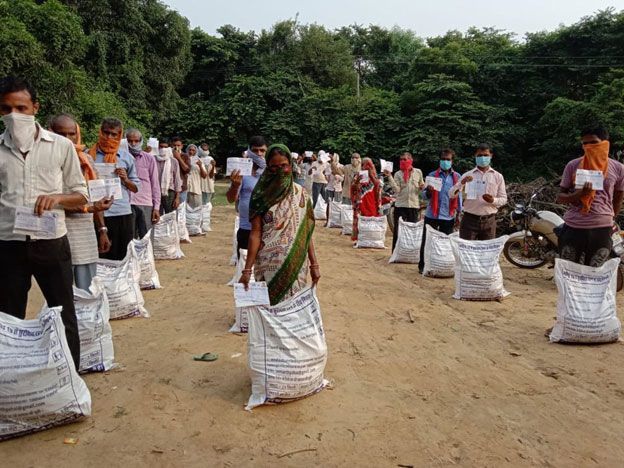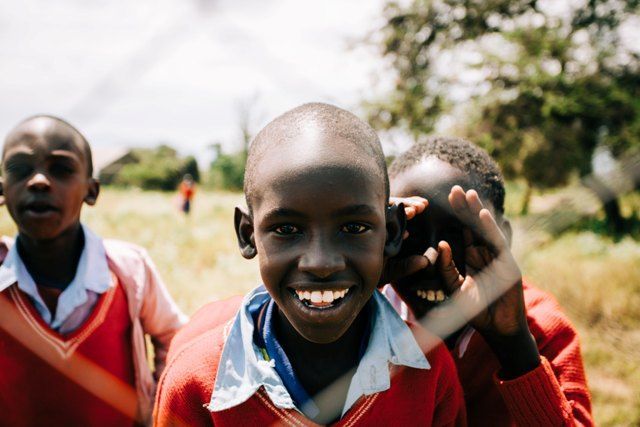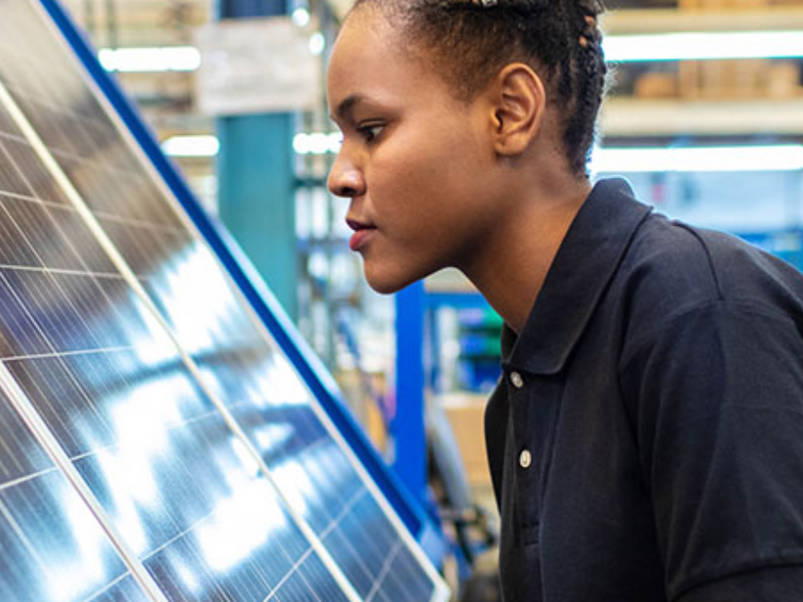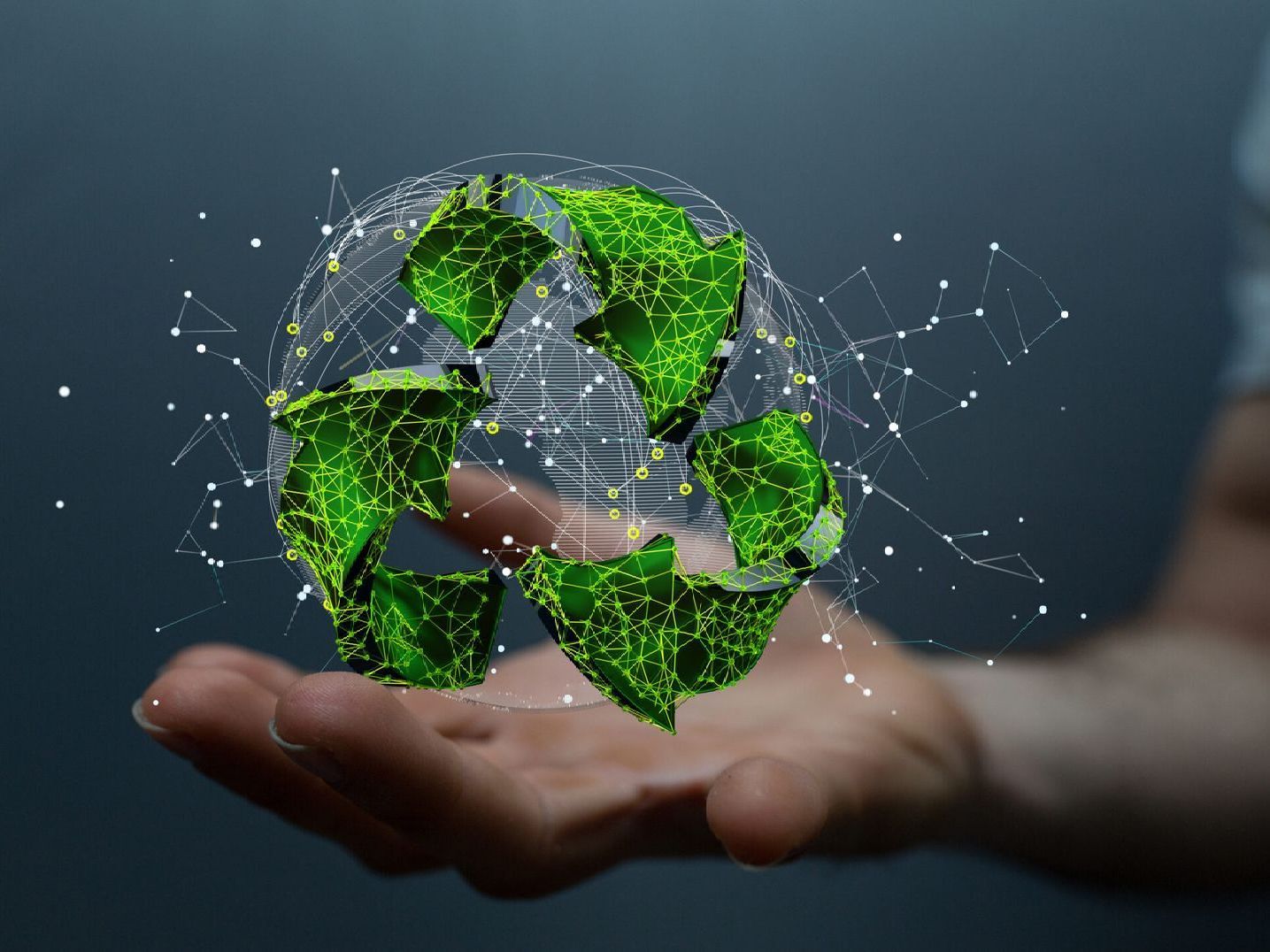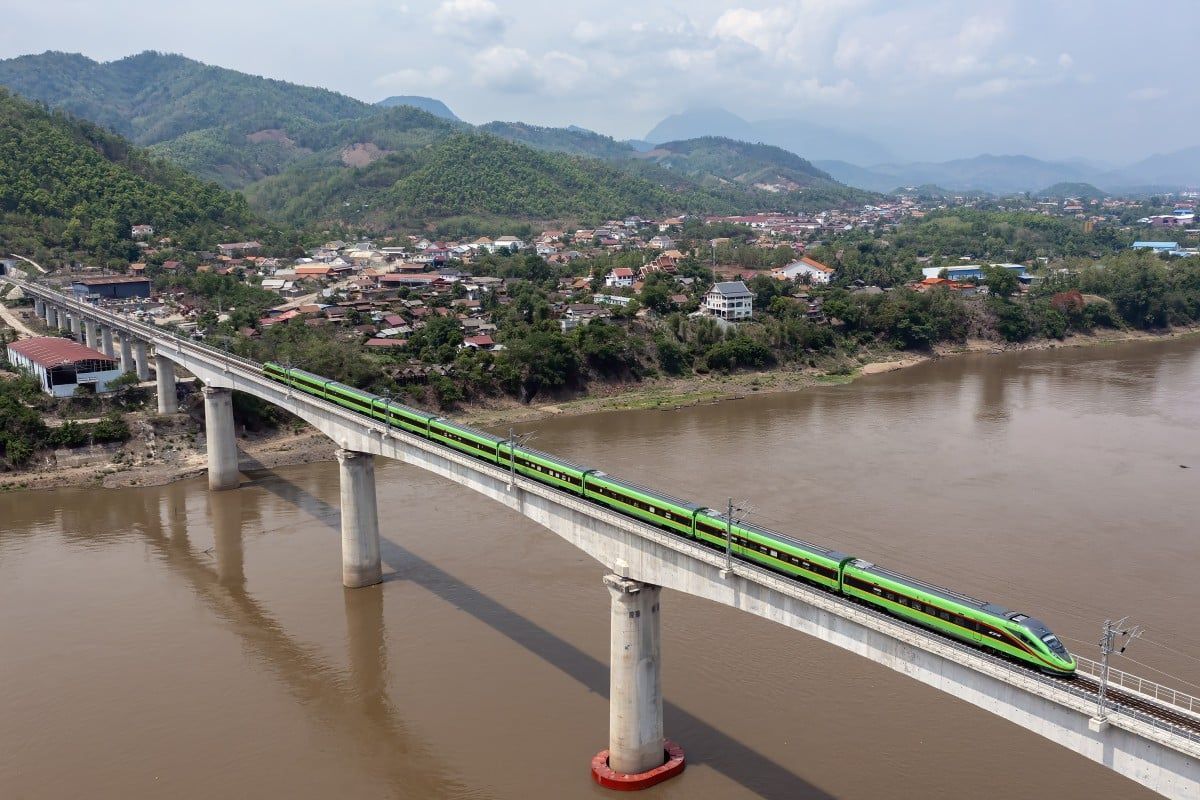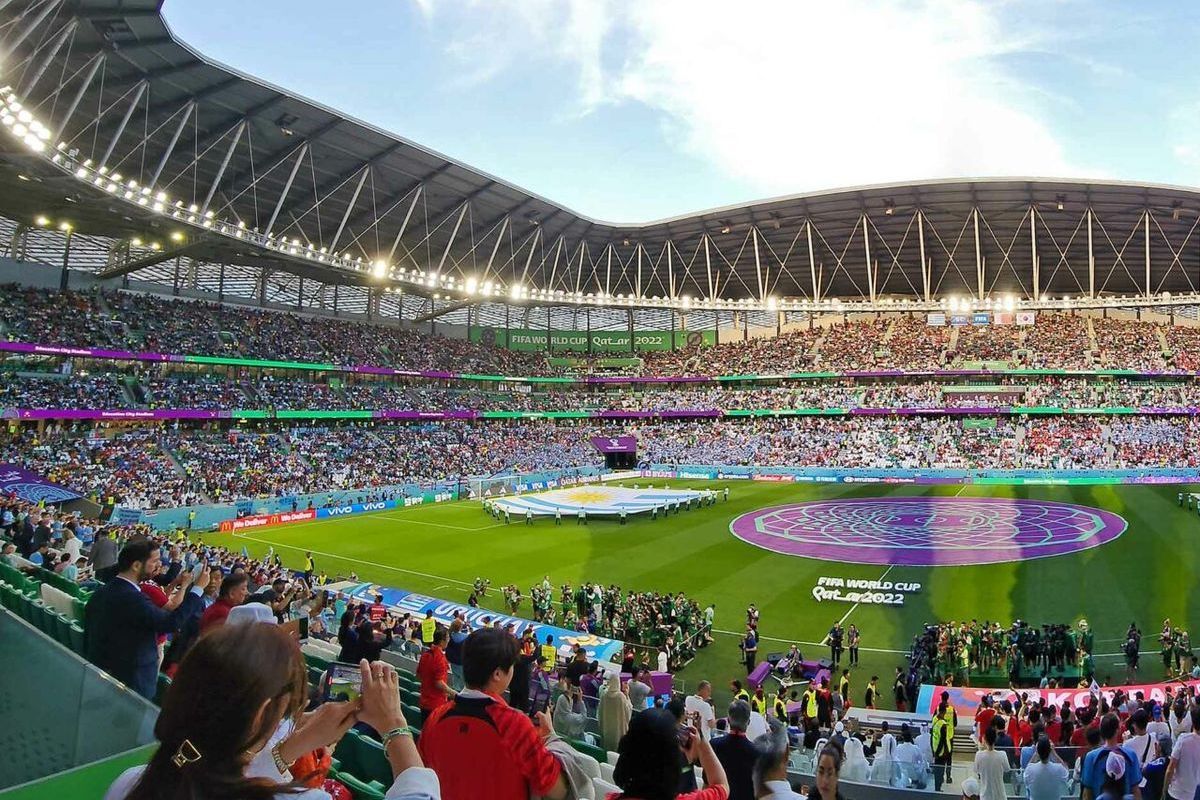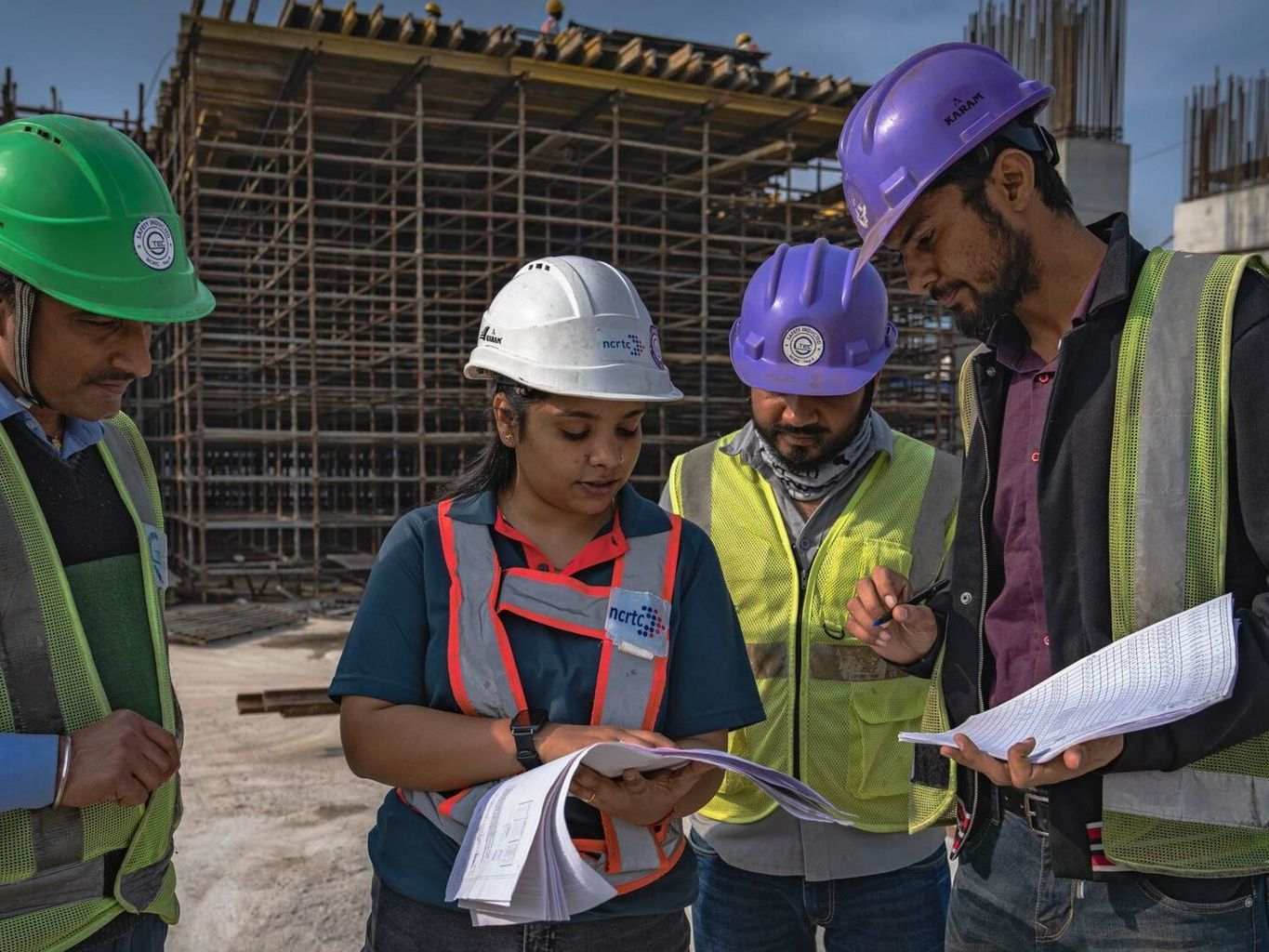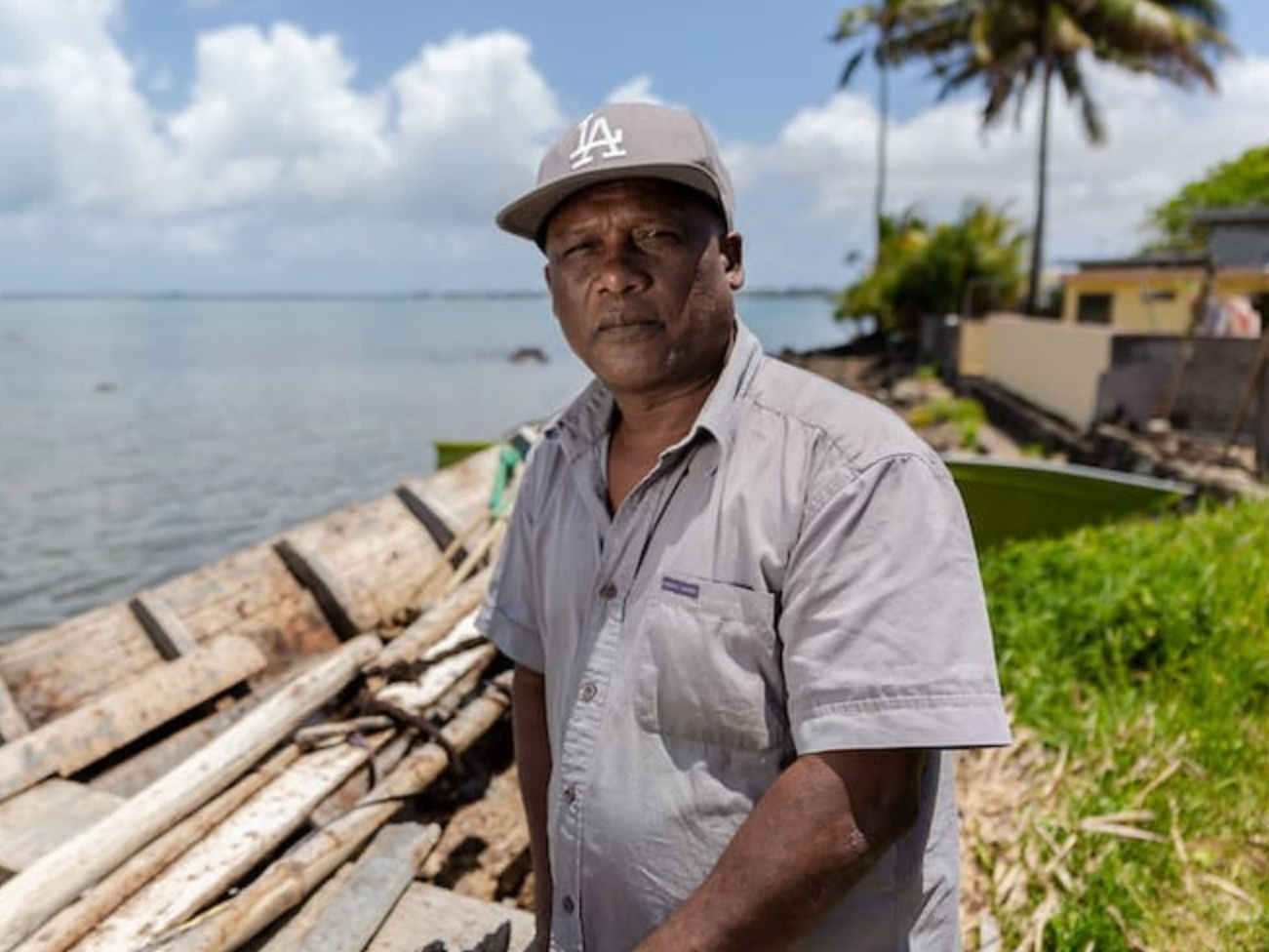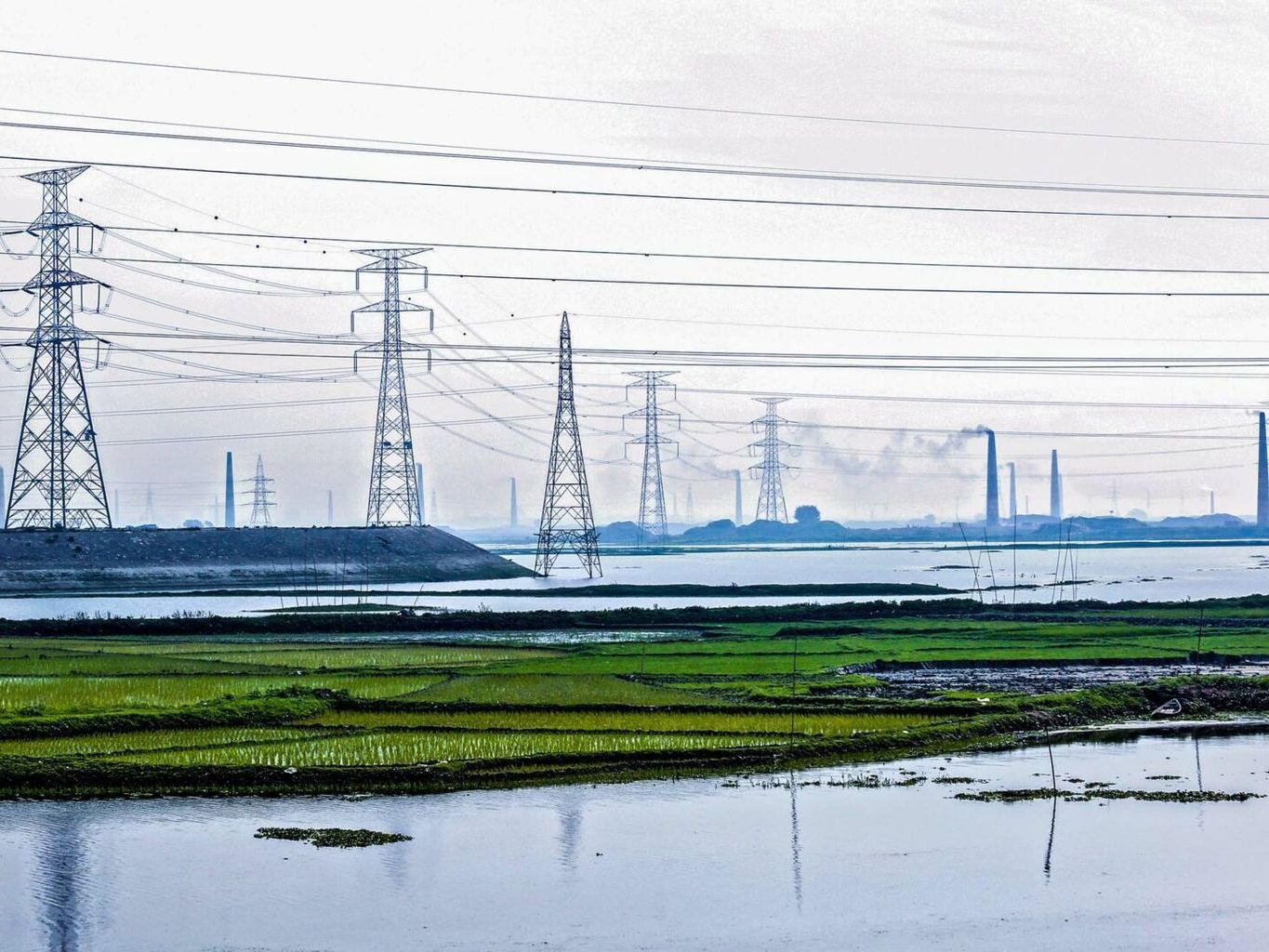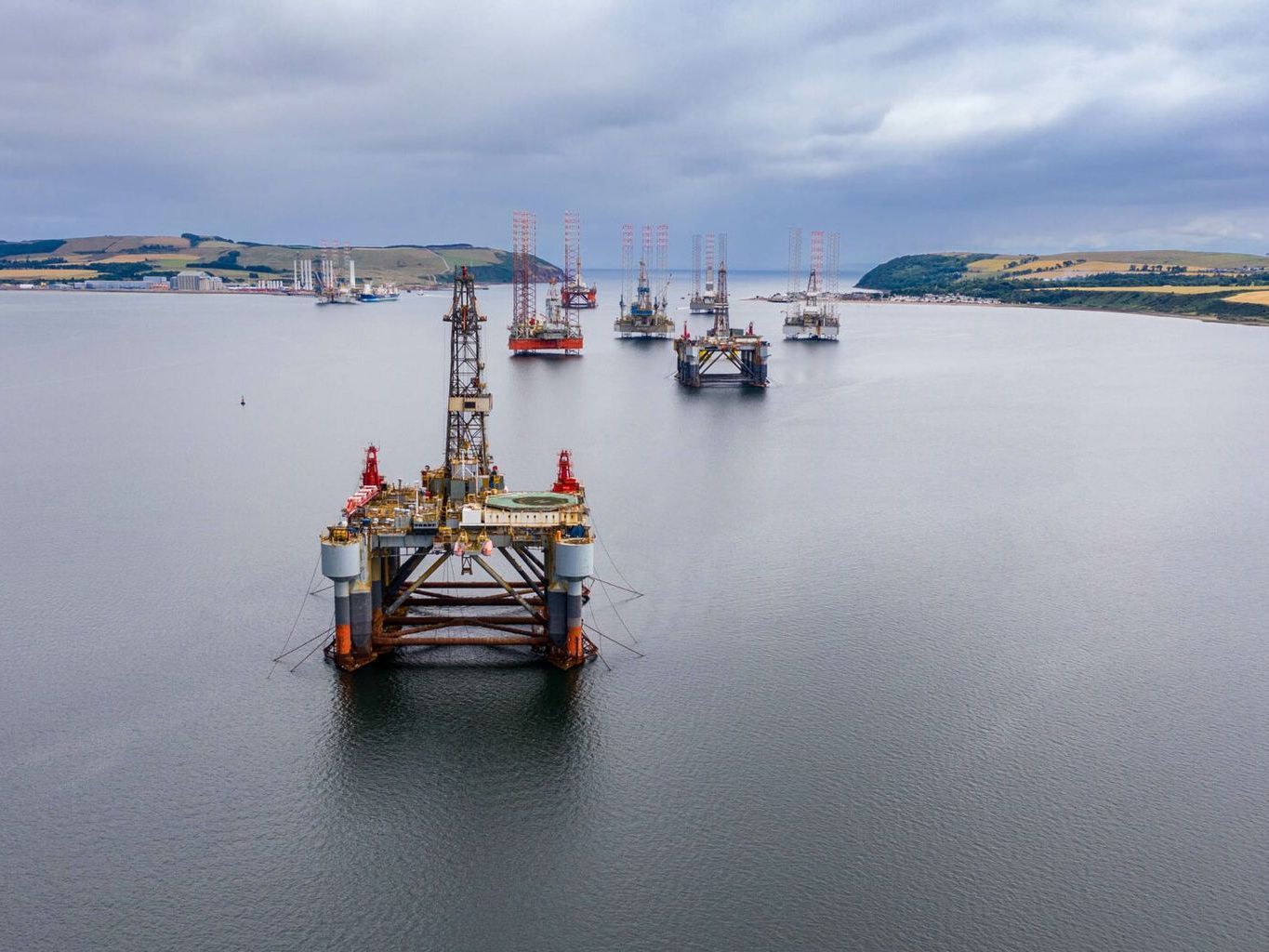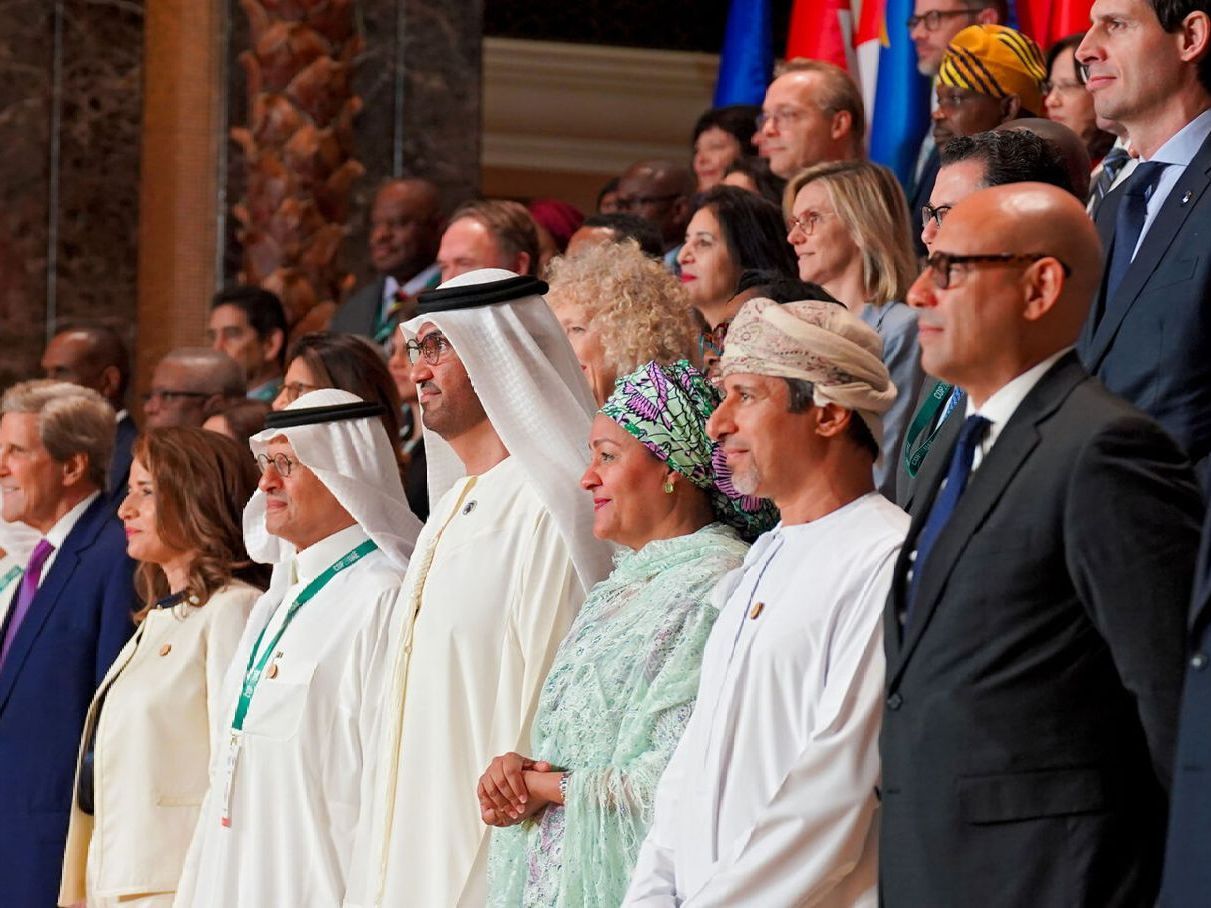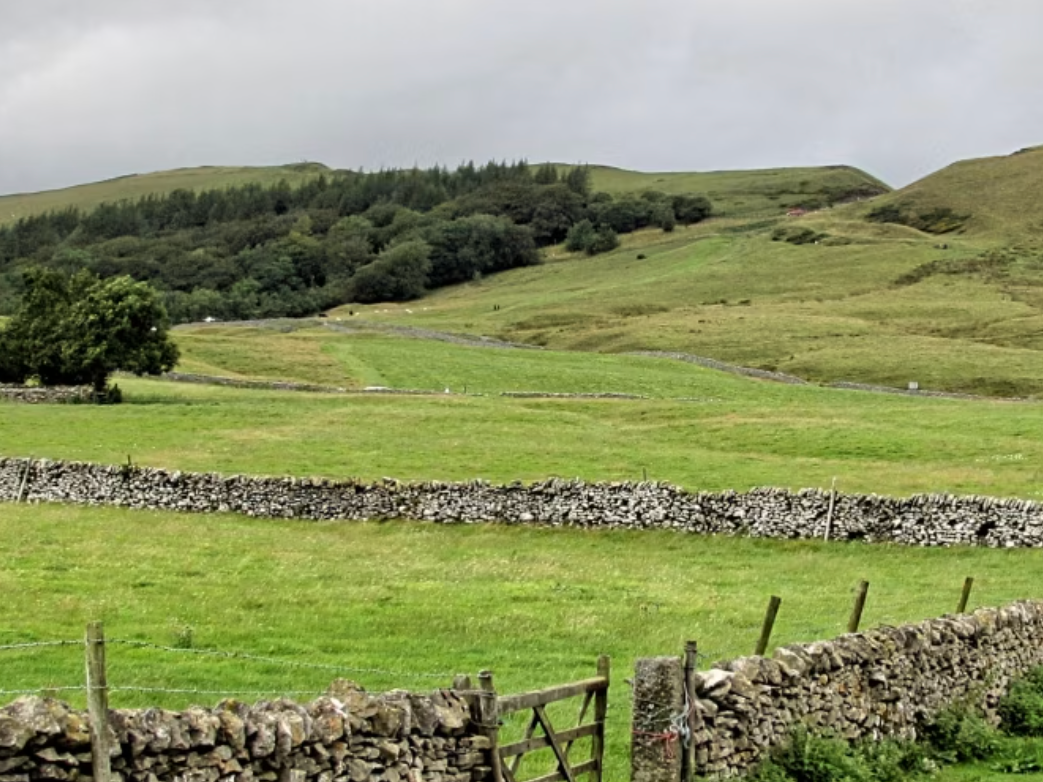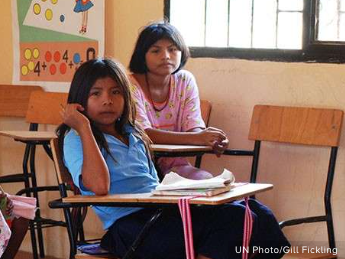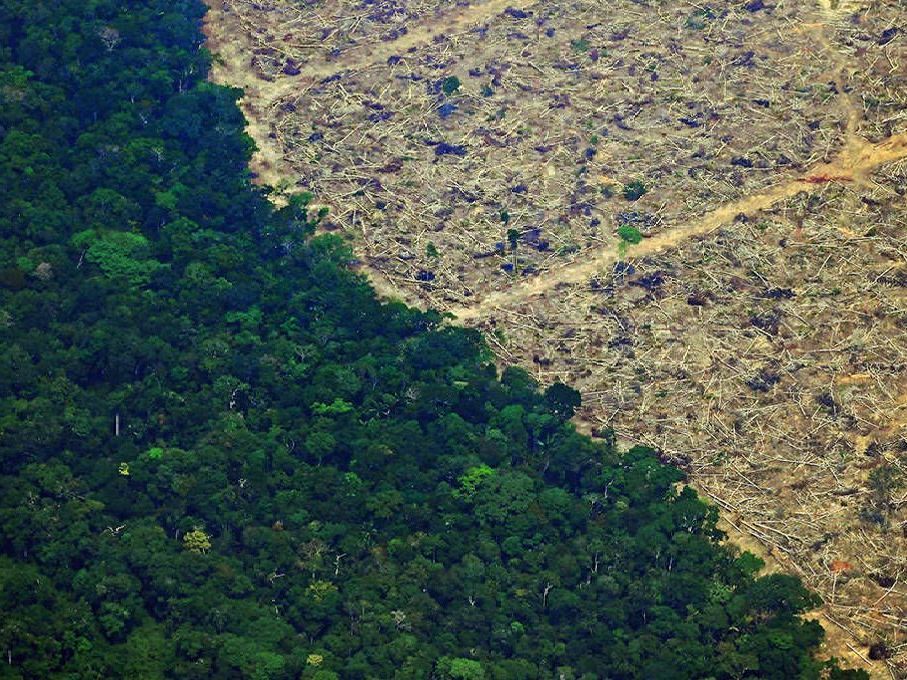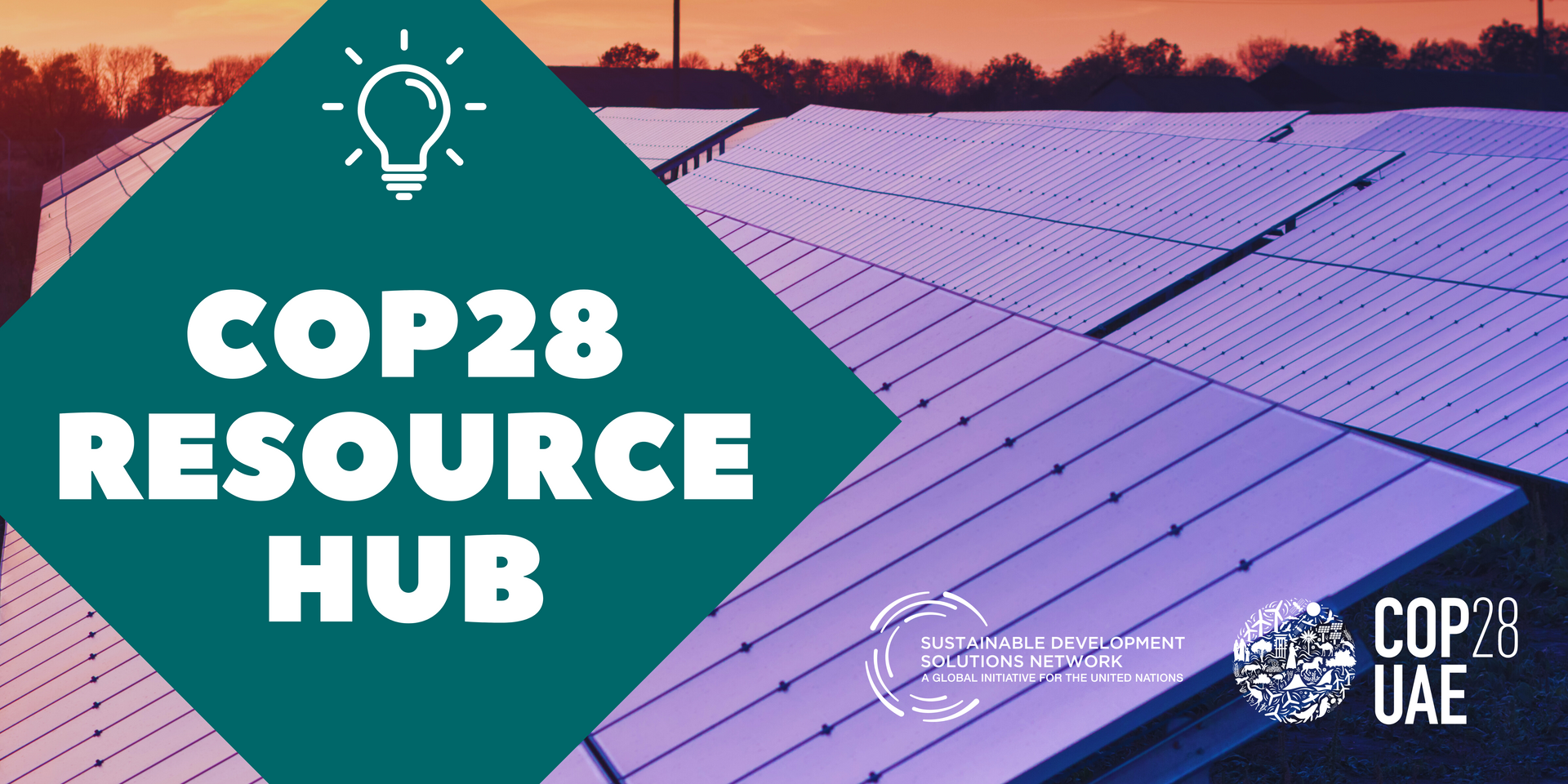
This year’s UN Climate Change Conference (COP28) was held in Dubai, United Arab Emirates from November 30 - December 12, 2023. COP28 brought together Member States, businesses and investors, and civil society to drive decisive climate action and implementation globally.
To share insights on key issues at stake, research, tools, and events leading up to the negotiations, SDSN compiled a COP28 Resource Hub.
COP28 in Focus: Key Issues at Stake
This year marks a watershed moment for sustainable development and climate change. Halfway to 2030, global leaders must reckon with the lagging progress since the adoption of the Sustainable Development Goals (SDGs) and the Paris Agreement on Climate Change in 2015. Though some progress has been made, the impacts of climate inaction continue to accelerate, with deadly wildfires, unprecedented heatwaves, intense hurricanes, and other natural disasters raging across the world.
As the COP28 President Designate, Dr. Sultan Al Jaber,
stated in his remarks to G20 Nations, “Right now, many of the indicators are going in the wrong direction. We are losing biodiversity. Agricultural land is being degraded. And food insecurity is increasing.”
Sweeping global transformation is needed. This year’s COP marks a significant opportunity to make real and actionable commitments on climate finance, advance the decarbonization solutions that are necessary to curb warming to the
1.5 degrees Celsius target called for by the United Nations Framework Convention on Climate Change (UNFCCC), assist vulnerable communities in climate adaptation efforts, prevent further biodiversity loss and protect critical forest biomes, and drive global cooperation in this critical decade.
At COP28, SDSN mobilized its global network on the following priorities:
1. Enforceable commitments on climate financing aligned with the UN Secretary-General's SDG Stimulus Financing Plan.
2. A concrete and financed global goal on adaptation with a special focus on the most vulnerable countries.
3. NDCs that are backed by fully-costed, cross-sectoral national action plans and implementation frameworks that are based on locally-developed pathways and policy priorities.
4. Nature integrated into long-term low emissions strategies, with special consideration for the Amazon, the Congo, and the Southeast Asia forest basins.
5. Accelerating emissions reductions, focusing on scaling up renewable energy investments and regional energy system interconnection and cooperation.
Explore the key issues we focused on at COP28, as well as insights from our experts, research, tools, and events below.
Key Issues, Research, and Tools

Climate Finance, Urbanization, and Governance
At COP28, governments should commit to addressing the chronic climate financing shortfall and reforming the global financial architecture to better support low-income and emerging economies as well as cities to take action on the sustainable development and climate agendas.
The Sustainable Development Agenda, including SDGs 7 (affordable and clean energy) and 13 (climate action), comprises an ambitious set of targets calling for major societal transformations that require significant fiscal outlays as well as private investments. Yet, financing to achieve these transformations is woefully lagging nor is it fit for purpose. In a recent piece for the International Institute for Sustainable Development (IISD), Eugenie L. Birch, a member of SDSN’s Leadership Council, succinctly diagnoses where solutions to this challenge can be found: finance, localization, and political will.
According to estimates from the World Economic Forum, between
USD 5 trillion and 7 trillion is needed annually from multiple sources to achieve the SDG targets, but the global financial architecture – funding from the public, private, and philanthropic sectors – is nowhere near meeting this need. Additionally,
two-thirds of the 169 SDG targets require implementation at the subnational level, primarily in cities, and urban areas account for roughly 70% of the world’s CO2 emissions. For cities in emerging markets to mitigate and adapt to climate change, the International Finance Corporation (IFC) estimates the cumulative climate investment need at
$29.4 trillion between 2018 and 2030. Yet, many national governments have not created the enabling environment needed to deliver the funds and programs to urban areas. Cities need new financial mechanisms and governance systems that can scale up effectively and quickly in the coming years.
Related SDSN Programs
Global Commission for Urban SDG Finance
European Green Deal Senior Working Group
Resources
- 2023 Sustainable Development Report (SDR)
- Adaptation, Loss, and Damage: A Global Climate Impact Fund for Climate Justice
- Financing the Joint Implementation of the SDGs and the European Green Deal
- Transforming Our World: Interdisciplinary Insights on the Sustainable Development Goals
- Strengthening Access to Long-Term Financing for Sustainable Development in Cities and Worldwide
- The Case for Long-Term SDG Financing
- Arab SDG Index
Articles
At COP28, we hope to see new partnerships that support multinational regional interconnection and grid expansion planning supported largely by renewables, alongside technology and skill transfer efforts to emerging economies. Additionally, all countries should gain access to robust long-term pathways planning tools to carry out science-based policymaking that promotes urgent action, reduces risks, identifies tradeoffs, and ensures a just transition.
To keep warming to no more than 1.5 degrees Celsius, the UNFCCC
estimates that a 43% reduction in global greenhouse emissions is needed by 2030 (from 2019 levels). Given that nearly 75% of our emissions are
associated with energy and energy services, it is critical that real progress be made toward decarbonizing our buildings, industries, and transportation systems globally. Getting to net zero requires all governments – particularly the biggest emitters – to immediately strengthen their
Nationally Determined Contributions (NDCs) and take bold, actionable steps toward reducing emissions and realizing an energy system that is free of fossil fuels by mid-century. While scientists agree we now have most of the technologies we need to enable the transition to a net zero energy system, the exact configuration of those technologies, accompanied by supporting policy frameworks and financing, will need to be calibrated for specific jurisdictions around the world, regionally, nationally, and locally. Long-term decarbonization pathways provide clear, science-based, and comprehensive outlines of the technologies, investments, and policies needed to reach net-zero carbon emissions by 2050.
Related SDSN Programs
Council of Engineers for the Energy Transition (CEET)
Resources
- Net Zero on Campus Guide and Online Toolkit
- A Guide to Regional Decarbonization and Resource Library
- Roadmap to 2050: The Land-Water-Energy Nexus of Biofuels
- Pathways to a Healthy Net-Zero Future: A Report of the Lancet Pathfinder Commission
- Delivering Clean, Affordable Energy For All
- SDSN Global Climate Hub Report (coming soon)
- CEET Technical Briefs (coming soon)
- Regional Lens on the Energy Transition: Diagnostic Note
- Small-scale Biogas for Clean Cooking - A Cost-effective Technology to Tackle Climate Change and Achieve SDGs
- Decarbonizing the Cement and Concrete Sector
- Best practices for Grid Interconnection and Variable Renewable Energy Integration
- Hydrogen Technology Issue Brief
- CEET Reflection on Digitalization: Its Role in the Green Energy Transition
- Beyond Basic Electricity Access Issue Brief: The unrealized promise of solar power for economic growth
- Detailed Catalog on Transportation Decarbonization
- Steel and Iron Industry Decarbonization Issue Brief
Articles

Science-Based Action for Nature
At COP28, governments need to show their commitment to protecting critical forest biomes by: (1) achieving zero deforestation and ecosystem degradation by 2030 through an immediate moratorium on deforestation and degradation in areas already approaching a tipping point; (2) conserving and monitoring the status of ecosystems; (3) investing in a sociobioeconomy of healthy standing forests and flowing rivers, education, and science, technology, and innovation; (4) supporting Indigenous Peoples’ and Local Communities’ empowerment and governance; and (5) mobilizing financing and fostering partnerships for conservation and sustainable development.
The Amazon Basin, one of our planet's most biologically diverse regions, is at a critical juncture. Approximately
18% of the basin has been deforested, and an additional 17% has been degraded. Coupled with the global failure to implement universally agreed climate targets, such as those outlined in the Paris Climate Accords and the Glasgow Agreement, this situation is pushing the region perilously close to irreversible tipping points. Deforestation not only contributes to climate change, but also places the Amazon in imminent danger of crossing thresholds beyond which its invaluable ecosystems can no longer exist. Similar priories and challenges are found in other forest biomes, including the Congo Basin and Southeast Asia.
Related SDSN Programs
Science Panel for the Amazon (SPA)
Science Panel for Southeast Asian Forests and Soils
Science Panel for the Congo Basin
(to be formally launched at COP28)
Resources
- Amazon Assessment Report 2021
- A Call for Global Action to Move the Amazon Forest System Away from Tipping Points
- Transforming the Amazon through ‘Arcs of Restoration’
- The Role of Amazonian Indigenous Peoples in Fighting the Climate Crisis
- A Regional Approach to Save the Amazon
- SPA Policy Briefs
- Human Impact on Carbon Emissions, Losses in Ecosystems Services and Finance for Amazon Solutions
- Land Markets and Illegalities: The Deep Roots of Deforestation in the Amazon
- A New Infrastructure for the Amazon
- Nine Ways to Avoid an Amazon Forest Tipping Point
- Forest Management and Forest Landscape Restoration in the Amazon: The Way Forward to Promote Sustainability
Articles
- Transform Approach to Amazon or it Will Not Survive, Warns Major Report
- Amazonian Countries Must Act Together to Reverse Rainforest Loss, Experts Say
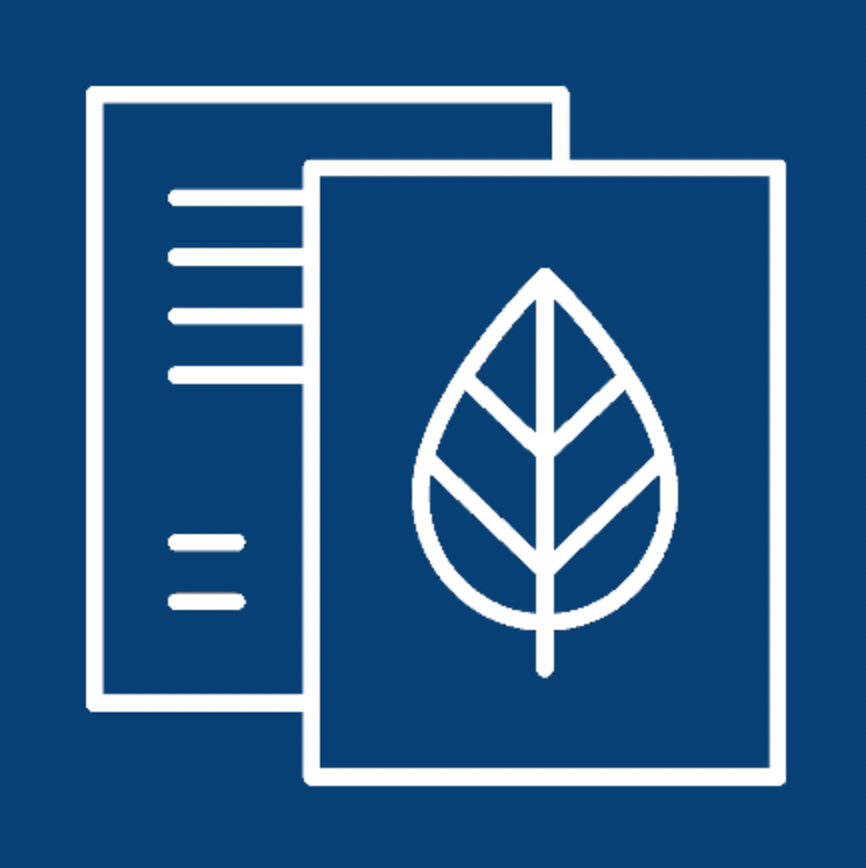
Climate Change Education
At COP28, governments should reaffirm their commitments to Climate Change Education via the incorporation of curricular revision processes, wide-scale teacher professional development, and enhanced work in Social and Emotional Learning (SEL) and community-based learning.
Climate Change Education (CCE) has become a pressing imperative for our rapidly changing world. As we observe increasing climate-related disasters, and research continues to point toward declines in biodiversity, human health, and ecosystems, it is evident that a rapid and far-reaching education movement is essential for addressing these crises. Through CCE, stakeholders can learn about the role humans play in causing climate change, how to adapt to an ever-changing world, and ways to take action in their communities, thus becoming empowered with the knowledge, skills, and values they need to become positive agents of change. Because education and training are integral to enabling citizens' contributions to local and global efforts to meet the climate challenge, CCE has been
put forward by the UNFCCC as a critical component of climate action.
Related SDSN Programs
Monitoring and Evaluation Climate Change Communication and Education project (MECCE)
Global Association of Masters in Development Practice (MDP)
Resources
- SDG Academy Course: “Nature Based Solutions for Disaster and Climate Resilience”
- SDG Academy Course: “Climate Change: The Science and Global Impact”
- SDG Academy Course: “Climate Action: Solutions for a Changing Planet”
- Global Schools Program Toolkit

Food and Land-Use Systems
At COP28, governments need to make firm commitments and plans to phase out fossil fuels, including from and across the agriculture and food sectors. Furthermore, countries with high FOLU emissions need to include agriculture and food systems at the core of their net-zero considerations, including specific and concrete plans for reducing them rapidly across sectors on the basis of science-based pathways and investments in climate-smart technologies and practices. Developed countries and multilateral financing institutions also need to clear the way for all needed investments, including to adapt food-related systems and livelihoods in developing countries, to be adequately funded under modalities that reflect the emergency situation and urgency expressed by existing international agreements.
The Global Stocktake under the Paris Agreement, which will conclude at COP28, has documented important and encouraging progress in some key areas, including energy and transport. However, progress on greenhouse gas emissions from food systems and land use changes, which account for about a third of all global emissions, has fallen far behind. In order to meet the goals set by the Paris Agreement, all countries, especially those whose agricultural and related land use-related emissions remain high, need to focus on practical solutions to reduce emissions from Agriculture, Forestry, and Other Land Use (AFOLU) and concrete.
These actions need to be included in revised
Nationally Determined Contributions (NDCs) and more importantly, be the basis of integrated national strategies and roadmaps developed by focused cross-sectoral working groups involving local scientists, civil society, and UN agencies. To the extent that their implementation can be accelerated under existing policies, programs, and projects, these need to be adequately resourced and the delivery be monitored across governance levels and sectors.
Related SDSN Programs:
Food, Environment, Land and Development (FELD)
Food, Agriculture, Biodiversity, Land-Use, and Energy (FABLE) Consortium
Food and Land use Coalition (FOLU)
Resources
- National Food and Land Mitigation Pathways for Net Zero
- Food and Land Use Mitigation Profile Dashboards
- Global Targets for Sustainable Food and Land-Use Systems
- Special Feature: Globally-Consistent National Pathways towards Sustainable Food and Land-Use Systems
- World Climate Action Summit: Resilient Food Systems, Sustainable Agriculture, and Climate Action
COP28 Op-Ed Series
To strategically inform and influence the dialogue leading up to COP while highlighting SDSN’s climate-related programs, experts across the SDSN Community contributed to a COP28 Op-ed series. Op-eds for this series emphasized key priorities for world leaders to commit to during COP28 and highlight the solutions and research available.
Isabella Massa, Senior Economist, SDSN, and Samory Toure, Program Associate, SDSN
The Diplomat
Vibha Dhawan, Chair of SDSN South Asia and Director General of The Energy and Resources Institute (TERI)
IPS News
Fadi Salem, Director of Policy Research Department, MBR School of Government, and
Lama Zakzak, Principal Researcher, MBR School of Government; co-authors, The Arab
SDG Index and Dashboard Report
Geospatial World
Leire Pajín, SDSN Spain chair; Candela de la Sota, SDSN Spain manager; Alejandro Rijo, SDSN Spain communications coordinator; and
David Ribó, postdoctoral researcher at TU Delft and SDSN Spain collaborator
IISD News
Amina Chaia, Researcher, Nazarbayev University’s Sustainable Development Solutions Network (NU SDSN)
The Astana Times
Yuen Yoong Leong, Director of Sustainability Studies, UN Sustainable Development Solutions Network; and Wing Thye Woo, Vice President for Asia, UN Sustainable Development Solutions Network;
South China Morning Post
Professor Phoebe Koundouri, SDSN Leadership Council Member
Modern Diplomacy
Grayson Fuller, Manager, SDG Index and Data, SDSN
SDG Action
Eugénie L. Birch, Nussdorf Professor and co-Director, Penn Institute for Urban Research, University of Pennsylvania
SDG Action
Isabella Massa, Senior Economist, SDSN; and Samory Toure, Program Associate, SDSN
Next Billion
Yuen Yoong Leong, Director of Sustainability Studies, SDSN; Professor, Sunway University
SDG Action
Wei-Jen Lee, Professor, Department of Electrical Engineering, The University of Texas at Arlington & Jaideep Sandhu,Chief Technology Officer, Renewables Global Business Unit, ENGIE
SDG Action
Emi Minghui Gui, System Lead – Energy, Climateworks Centre &Gill Armstrong
Senior Project Manager, Climateworks Centre
SDG Action
Simone Athayde
Department of Global and Sociocultural Studies and Kimberly Green Latin American and Caribbean Center, Florida International University; Member of the Science Steering Committee of the Science Panel for the Amazon (SPA) & Luciana Villa Nova Silva, Founder, Mangara Innovation and Sustainability; Member, Science Steering Committee of the Science Panel for the Amazon (SPA)
SDG Action
Phoebe Koundouri, Professor, School of Economics, Athens University of Economics and Business, Chair, UN SDSN Global Climate Hub, Co-Chair SDSN Europe; Dogan Keles, Professor, Department of Technology, Management and Economics, DTU; Konstantinos Dellis
Postdoctoral Researcher, Athens University of Economics and Business; Postdoctoral Researcher, SDU ATHENA; & Conrad Landis,Research Fellow, Athens University of Economics and Business
SDG Action
Phoebe Koundouri, Professor, School of Economics, Athens University of Economics and Business; Professor, Department of Technology, Management and Economics, Technical University of Denmark (DTU); Chair, UN SDSN Global Climate Hub; Co-Chair SDSN Europe
SDG Action
Gordon C. McCord, Associate Teaching Professor, School of Global Policy and Strategy, University of California San Diego and Co-Chair, SDSN USA and Guido Schmidt-Traub, Managing Partner, Systemiq Ltd., and SDSN Leadership Council Member
Apolitical
Helen Bond, Professor of Curriculum & Instruction, Howard University, and SDSN USA Co-Chair
IISD News
Carlos Nobre, Senior Researcher at the Institute of Advanced Studies, University of Sao Paulo
Marielos Peña-Claros, Professor and Member of the Academic Council, Wageningen University, Science Panel for the Amazon (SPA) Co-Chairs
Project Syndicate
Events
The SDSN and its partners hosted and participated in number of key events that informed the discussions at COP28. Access the full list of SDSN's COP28 events below.
Media Contacts
Alyson Marks
Head of Communications & External Relations
Sonja Neve
Communications Manager
Sign Up for SDSN Updates
Get our latest insights, opportunities to engage with our networks, and more.
SDSN mobilizes global scientific and technological expertise to promote practical solutions for sustainable development, including the implementation of the Sustainable Development Goals (SDGs) and the Paris Climate Agreement.
Paris
19 rue Bergère
75009 Paris
France
+33 (0) 1 84 86 06 60
New York
475 Riverside Drive
Suite 530
New York NY 10115 USA
+1 (212) 870-3920
Kuala Lumpur
Sunway University
Sunway City Kuala Lumpur
5 Jalan Universiti
Selangor 47500
Malaysia
+60 (3) 7491-8622



